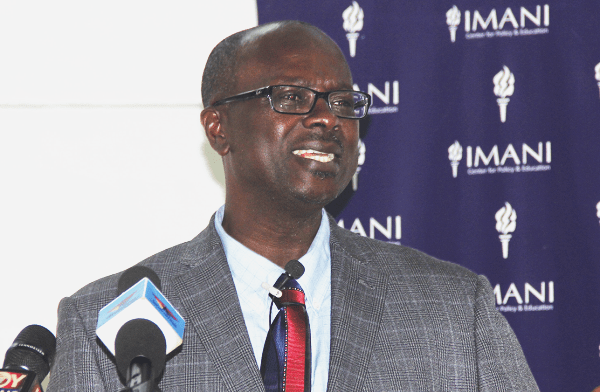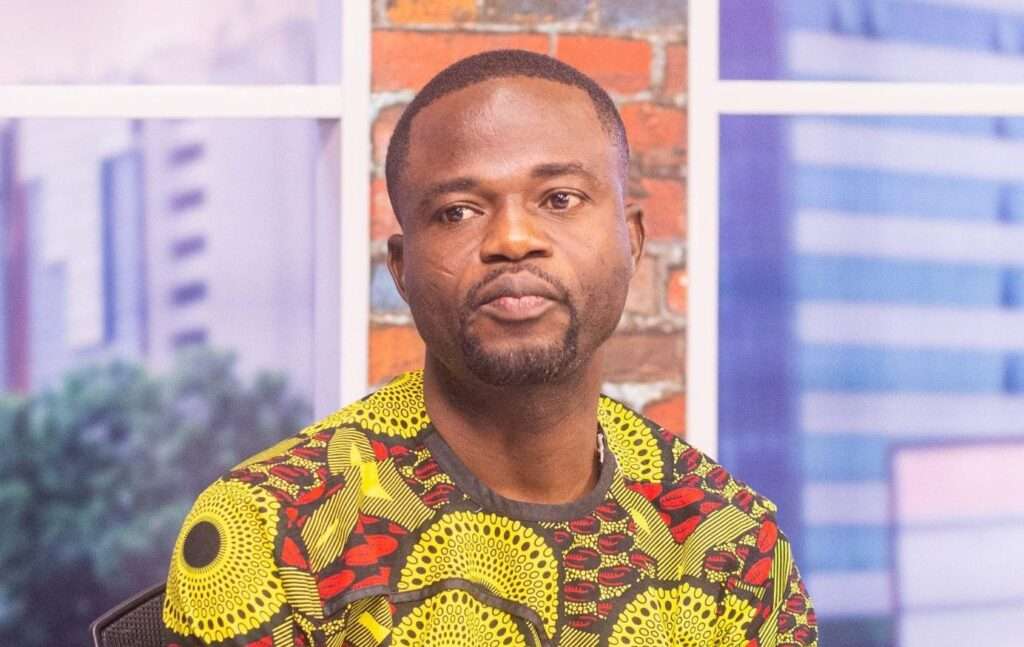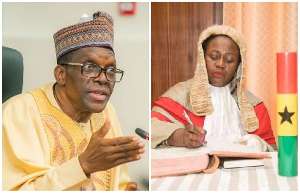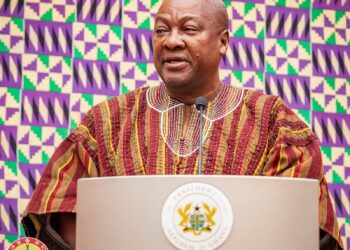Ghana is facing what many are describing as a constitutional crisis, following the recent declaration of four vacant parliamentary seats by Speaker Alban Bagbin and a swift counteraction by the Supreme Court, which granted a stay of execution on the Speaker’s ruling.
This unfolding drama has plunged the nation into political uncertainty, with the opposition National Democratic Congress (NDC) Caucus in Parliament declaring its intent to reclaim the majority in Parliament when the legislative body resumes on Tuesday.
The development has sparked a heated debate among political analysts, legal experts, and concerned citizens alike. At the heart of this standoff is a brewing tension between two branches of government—the Judiciary and the Legislature—both of which wield significant constitutional authority.
Speaker Bagbin’s declaration, seen by many as a strategic move by the NDC, took the country by surprise. However, it was quickly met with a legal challenge, resulting in the Supreme Court’s intervention, which some say has led to judicial overreach into parliamentary affairs.
Prominent voices, including Professor Ransford Gyampo, have openly criticized the Supreme Court’s decision, urging Speaker Bagbin to resist the Court’s ruling to avoid what he describes as “judicial interference in the business of the Legislature.”
According to Prof. Gyampo, the Judiciary has no place in determining the inner workings of Parliament, especially when it comes to issues as critical as the membership of the House.
Calls for Caution Amidst Conflict
Professor Stephen Kweku Asare, a legal scholar and Democracy & Development Fellow at the Ghana Centre for Democratic Development (CDD-Ghana) weighed in on the matter, calling for a more measured approach to resolving the crisis.
In his statement, Professor Asare underscored the importance of institutional legitimacy, noting that while courts and parliaments may have the final say on various matters, their authority ultimately rests on fairness, transparency, and public trust.
“Legitimacy is the foundation upon which institutional authority is built; without it, decisions may be made, but they will not be accepted. It is therefore crucial that our leaders act in ways that inspire trust and confidence in the people they serve”.
Professor Stephen Kweku Asare, Legal Scholar and D&D Fellow in Public Law and Justice at CDD-Ghana
Wisdom and Timing: A Call for Discernment
For Professor Asare, the path forward is not one of confrontation but reconciliation and calls for the need for parties to seek peace and reconciliation, not escalation.

According to him, both parties must prioritize peace, avoid unnecessary confrontations, and trust that, in due time, the people will make their decisions, guided by justice and truth.
“GOGO calls for a slowdown, not a showdown. The good book reminds us that ‘to everything, there is a season, a time for every purpose under heaven’. There is a time for peace and reconciliation, and there is a time for accountability, for justice, and for truth. But the key to being effective is knowing what time it is”.
Professor Stephen Kweku Asare, Legal Scholar and D&D Fellow in Public Law and Justice at CDD-Ghana
In his reflection on the issue, Prof. Asare, who writes under the pseudonym “Kwaku Azar,” called for wisdom in determining the next steps and called for cooler heads to prevail
“We must always ask ourselves, what time is it? Is it time to seek peace, to bring the country together, or is it time to confront wrongs and hold people accountable for their actions? It takes wisdom and even prayer to know when to move forward with accountability and when to defer action”.
Professor Stephen Kweku Asare, Legal Scholar and D&D Fellow in Public Law and Justice at CDD-Ghana
Professor Asare’s balanced approach seeks to temper the charged atmosphere by urging Parliament and the Judiciary to act with wisdom and avoid conflicts that could lead to unnecessary destruction.
His call for accountability, when pursued in the right season, is a reminder that justice should not be feared, but embraced when done with care and discernment.
Judicial Overreach
However, not everyone shares Prof. Asare’s call for restraint. Renowned investigative journalist Manasseh Azure Awuni expressed disagreement with Prof. Asare’s suggestion that the people will have the opportunity to remedy the situation at the next general election on December 7.
In a pointed response, Manasseh agreed that cool heads should prevail, he questioned why a solution should be deferred to a later date, specifically referencing the general elections on December 7
“If we can find a solution on Tuesday, why should we wait until December 7? And how will December 7 change anything? The judiciary will not be on the ballot paper. My interest is not so much in who becomes the majority or minority as in getting guardrails against the arbitrary exercise of judicial power”.
Manasseh Azure Awuni, Ace Investigative Journalist
Manasseh’s concerns extended beyond the current impasse between Parliament and the Supreme Court. He highlighted what he views as a more systemic issue—the unchecked power of the Judiciary.
According to Manasseh, this controversy presents an opportunity to curb the “arbitrary exercise of judicial power,” which, in his view, has become a growing concern in the country.
“If there’s a way to stop this and future abuses of judicial power, I’m all for it,” he declared, calling for urgent measures to safeguard the integrity of the country’s democratic institutions.

Manasseh’s sentiments echo those of many Ghanaians who have grown increasingly wary of the Judiciary’s role in political matters in recent times.
While some argue that Parliament must respect the rule of law and abide by court rulings, others contend that when the Judiciary appears compromised or politically influenced, Parliament has to assert its independence.
“When they tell you to obey the referee’s decision, and you reasonably suspect that the referee’s inner shirt is the jersey of your opponent in the game, it becomes difficult to treat the referee’s word as sacrosanct.”
Manasseh Azure Awuni, Ace Investigative Journalist
Manasseh’s remarks underscore the frustration felt by many who view this situation as an opportunity to address what they see as the judiciary’s overreach.
He expressed hope that Parliament would seize this moment to push back against what he described as the “mischief” of the Supreme Court.
What is certain is that this confrontation between the Judiciary and the Legislature has exposed deeper concerns about the balance of power in Ghana’s democracy.
It has brought to the fore the fragility of Ghana’s democratic institutions. While the NDC Caucus prepares to assert its claim of majority in Parliament, the larger question remains: what precedent will be set by the handling of this crisis?
Will the judiciary’s decision stand as a check on legislative power, or will Parliament push back in defence of its autonomy?
In whichever way it goes, the outcome of this crisis will undoubtedly shape the future of governance in Ghana, with the balance of power between the judiciary and legislature hanging in the balance.
READ ALSO: Davido, Wizkid Snub Each Other at London Night Club




















